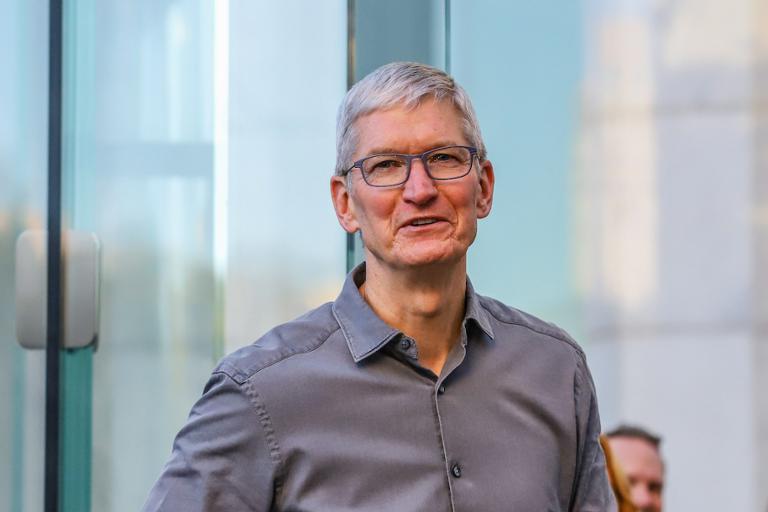Apple CEO Tim Cook thinks there aren’t enough women in tech.
“I think the essence of technology and its effect on humanity depends upon women being at the table,” Cook recently told the BBC, adding: “Technology's a great thing that will accomplish many things, but unless you have diverse views at the table that are working on it, you don't wind up with great solutions.”
His solution for this issue? Tweak the educational pipeline to diversify the pool of new graduates applying for positions at tech companies like Apple. “We have to fundamentally change the number of people that are taking computer science and programming,” he said. (That echoes the proposals of executives at other companies, including Google and Microsoft, that have largely pinned a lack of tech-related diversity on the nation’s education system.)
In 2021, some 35 percent of Apple’s worldwide employees identified as women, up from 30 percent in 2014. Among those employees under the age of 30, 42 percent were women, up from 31 percent in 2014. Within research and development—arguably the company’s most tech-y segment—women were 25 percent of the workforce, up from 18 percent in 2014.
Apple has also been pushing to increase the number of employees from traditionally underrepresented groups, which composed 50 percent of the company’s workforce in 2021 (up from 44 percent in 2014). Almost 44 percent of Apple’s U.S. employees identify as White, followed by 27.9 percent Asian, 14.8 percent Hispanic/Latinx, 9.4 percent Black, 3.2 percent multiracial, and 0.,8 percent indigenous.
According to Dice’s most recent Equality in Tech Report, only four in 10 technologists who identify as women are either moderately or extremely impressed by their organization’s gender-based diversity, equality, and inclusion (DEI) efforts. That’s slightly behind technologists who identify as men at 44 percent, and it suggests that tech companies everywhere have a lot of work to do when it comes to internal DEI.
The Report also found that 69 percent of women respondents felt a good DEI policy boosted company morale and innovation; 43 percent thought it was beneficial to company profits; and 71 percent thought it contributed to collaboration. As Cook said, a diverse workforce translates into better products—and more rapid innovation.


